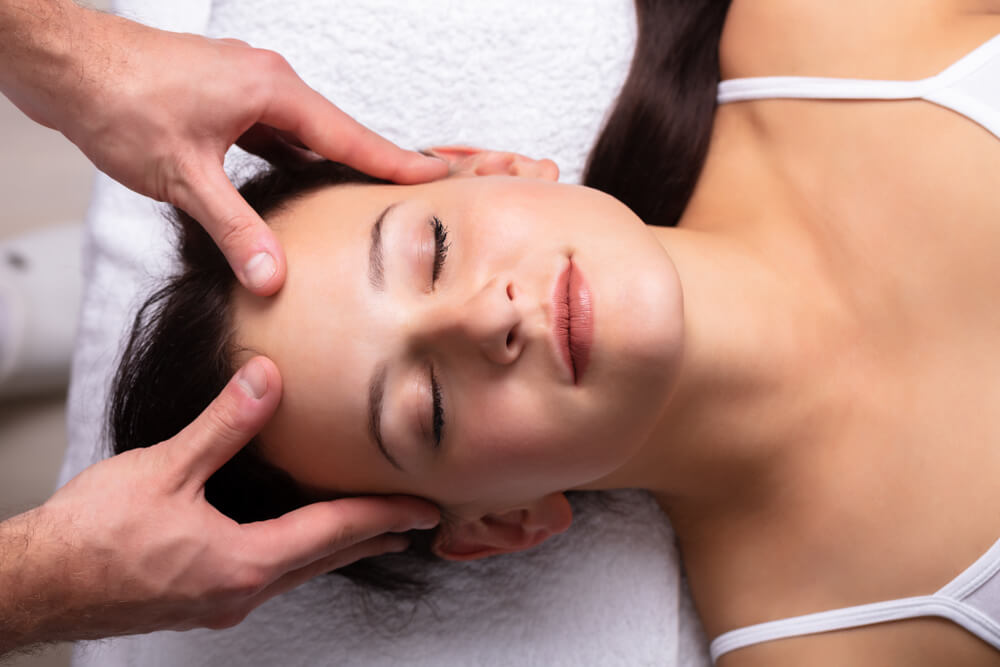In an increasingly fast-paced world where stress and anxiety often feel like constant companions, the exploration of holistic approaches to mental health is more relevant than ever. Among these, massage therapy emerges not just as a luxury or an indulgence, but as a powerful ally in the realm of psychological well-being.
With its roots deeply embedded in ancient traditions, the art of massage weaves together physical touch and emotional release, creating a tapestry of healing that transcends mere relaxation. As the soft rhythm of hands glides over skin, something profound occurs: tension dissipates, minds quieten, and a space for introspection and healing opens.
Far beyond the soothing convenience of a spa day, the integration of massage therapy into mental health treatment plans reveals significant strides in addressing issues like anxiety, depression, and trauma. This article delves into how the therapeutic touch not only enhances the body but also nourishes the mind, paving the way for a more balanced and resilient self.
The Role of Massage Therapy in Stress Reduction

Massage therapy serves as a powerful ally in the battle against stress, weaving a tapestry of relief that touches both the body and mind. The gentle kneading of muscles not only alleviates physical tension but also beckons the mind towards a state of tranquility.
As the therapists hands glide over the skin, they release a cascade of feel-good hormones, like serotonin and oxytocin, which work to combat anxiety and elevate mood. Some clients report a profound sense of relaxation that lingers long after the session ends, while others find clarity in their thoughts, as the weight of daily worries melts away.
This holistic approach creates a sanctuary from the chaotic demands of life, where individuals can reconnect with themselves, fostering resilience against stressors. Ultimately, massage therapy invites a breath of fresh air into the often-overwhelming storm of modern existence, paving the way for improved mental well-being.
How Massage Therapy Alleviates Anxiety and Depression

Massage therapy serves as a soothing balm for those grappling with anxiety and depression, weaving a tapestry of physical touch that transcends mere relaxation. The gentle manipulation of muscles not only alleviates tension but also releases a cascade of endorphins, the body’s natural painkillers, which can uplift mood and reduce feelings of stress.
Imagine the warmth of skilled hands working through tight knots, as the rhythmic pressure encourages a sense of surrender and safety. As each session unfolds, clients often report a profound reduction in racing thoughts, a momentary escape from the relentless cycle of worry and despair.
Furthermore, the establishment of a trusting therapeutic relationship can foster a powerful sense of connection and belonging, counteracting the isolation that often accompanies mental health struggles. In this harmonious blend of physical and emotional healing, massage therapy emerges not merely as a luxury but as a vital component in the intricate puzzle of mental wellness.
Enhancing Mindfulness Through Massage Therapy

Massage therapy offers a unique avenue for enhancing mindfulness, paving the way for greater mental clarity and emotional resilience. As the therapists hands move rhythmically across the skin, clients are invited to focus on their bodily sensations, drawing attention away from the whirlwind of thoughts that often cloud the mind.
This immersive experience fosters a deep state of relaxation, allowing individuals to become more attuned to their present state—an essential component of mindfulness. In those serene moments, the stress and chaos of daily life fade, replaced by a profound awareness of breath, tension release, and the delicate flow of energy throughout the body.
Furthermore, the incorporation of mindful breathing techniques during the massage can deepen the connection between mind and body, facilitating an even more powerful healing experience. This synergy not only cultivates inner peace but also equips individuals with the tools to navigate their emotional landscapes with greater ease, making massage therapy a vital complement to traditional mental health treatments.
Conclusion
In conclusion, massage therapy emerges as a valuable complement to traditional mental health treatments, offering a holistic approach that addresses both the physical and emotional aspects of well-being. By promoting relaxation, reducing anxiety, and enhancing mood, massage can significantly contribute to the overall therapeutic process.
With practices like 춘천마사지 gaining recognition for their effectiveness, integrating massage therapy into mental health care is increasingly being embraced. As more individuals seek comprehensive strategies to support their mental wellness, the synergy between massage and traditional therapy will undoubtedly play a pivotal role in fostering healing and resilience.


